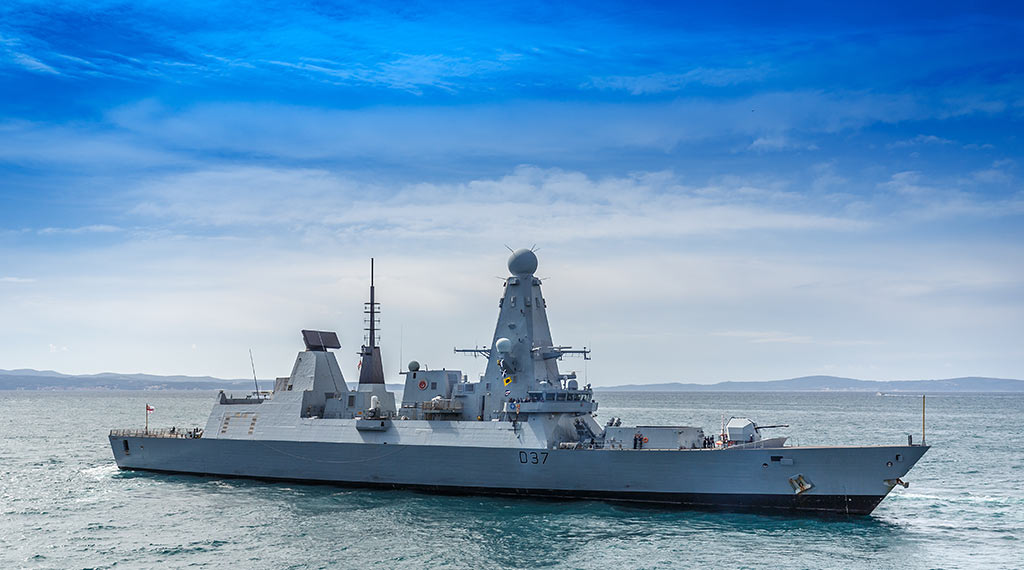View from Japan: British Pacific strategy frustrates China
Editor’s note: This analysis was originally published by the Japan Institute for National Fundamentals and is reposted here with its permission.

I would like to welcome Britain’s decision to advance into the Indo-Pacific region ahead of other European countries. On June 2, the 11 members of the Trans Pacific Partnership Agreement decided to launch talks with Britain in response to its offer to join the TPP. Ten days earlier, a British aircraft carrier strike group accompanied by a U.S. destroyer and a Dutch frigate embarked on a seven-month voyage to and from the Indo-Pacific region. At a time when the United States and China intensify their geopolitical competition, Britain’s move to enhance its economic and strategic engagement in the Indo-Pacific region is expected to encourage other major European countries, which have begun to recognize the danger of authoritarian China, to advance into the region.
Geopolitical Significance of Britain’s Accession to TPP
Britain’s accession to the TPP would only increase the TPP members’ share of global GDP from 13% to 16% but will have greater geopolitical significance. The TPP had originally been designed to expand a free and fair market economy and block China’s ambition for regional supremacy. But the U.S. withdrew from the TPP under the Trump administration and is unlikely to rejoin it for the time being even under the Biden administration.
Britain is growing alert to China and expected to help block China’s ambition by seeking to join the TPP. Britain’s accession to the TPP would contribute to building TPP member supply chains to counter China and increase the strategic advantage of universal values such as freedom, respect for human rights and the rule of law. Japan, the TPP chair this year, should exercise leadership in facilitating negotiations with Britain for its early accession to the TPP.
After exiting from the European Union, Britain is exploring new partnerships in the Indo-Pacific region under its “Global Britain” initiative. This is contributing to the North Atlantic Treaty Organization to grow interested in the region. The British Navy’s cutting-edge aircraft carrier Queen Elizabeth with U.S. Marine Corps F-35B fifth-generation fighters aboard will sail for Japan via the Indian Ocean, the South China Sea and the Pacific.
In Japan in May, France conducted joint military drills with Japan, the U.S. and Australia. In November, a German Navy frigate will visit Japan for joint drills with the Japanese Maritime Self-Defense Force. The European Union plans to formulate an Indo-Pacific strategy in September. European countries are still plagued with a China policy dilemma, willing to retain universal values including respect for human rights while depending on the giant Chinese market. Slowly, however, they are beginning to consider China as a threat to their national security.
China Bringing All its Problems Upon Itself
The Chinese state-run news agency Xinhua reported that Chinese President Xi Jinping at a Chinese Communist Party meeting on May 31 called for striving to present the image of a credible, lovable and respectable China to the world. This indicates Xi is concerned that China’s hardline wolf warrior diplomacy has backfired, leading Japan, the U.S. and Europe to become more vigilant against China. Instead of modifying a diplomatic approach, China should revise its domestic human rights crackdown and external expansionism. China has brought all its problems upon itself.
Hiroshi Yuasa is a Planning Committee member and a senior fellow at the Japan Institute for National Fundamentals. He is a columnist for the Sankei Shimbun newspaper
- View from Japan: British Pacific strategy frustrates China - June 10, 2021
